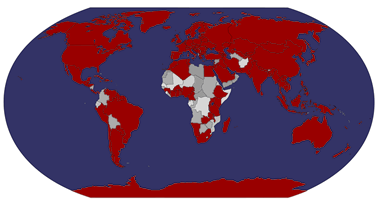The card shows an autumn view in the Milkham Enclosure near Linwood. Now I'm not a huge fan of autumn when it actually arrives as it means the weather tends to be quite cold and even more rainy than usual. But the colours do look gorgeous!
The New Forest is an area of southern England which includes the largest remaining tracts of unenclosed pasture land, heathland and forest in the heavily-populated south east of England. It covers south-west Hampshire and extends into south-east Wiltshire. The New Forest Heritage Area covers 570 km2 (140,000 acres),[12] and the New Forest SSSI ("Site of Special Scientific Interest") covers almost 300 km2 (74,000 acres), making it the largest contiguous area of un-sown vegetation in lowland Britain.
The New Forest was created as a royal forest by William I in about 1079 for the private hunting of (mainly) deer. It was created at the expense of more than 20 small settlements/farms; hence it was 'new' in his time as a single compact area.
According to Florence of Worcester (d.1118), the forest was known before the Norman Conquest as the Great Ytene Forest; the word "Ytene" meaning '"Juten" or "of Jutes". The Jutes were one of the early Anglo Saxon tribal groups who colonised this area of southern Hampshire.

The stamps is from a set of 10, issued earlier in 2010. These stamps celebrate the 150th Anniversary of Battersea Dogs & Cats Home in London. Battersea aim never to turn away a dog or cat in need of help; which is why it takes in 12,000 lost and homeless pets every year.


 Maroon
Maroon 










































































































































































No comments:
Post a Comment